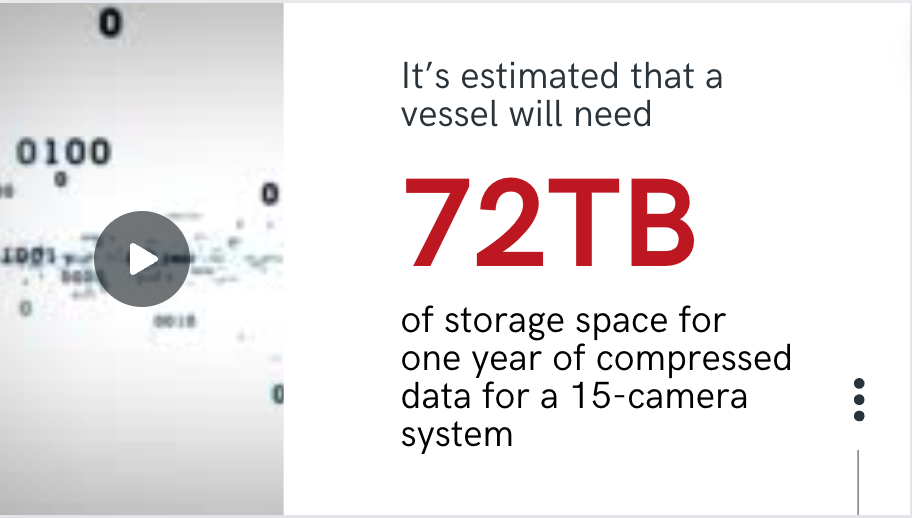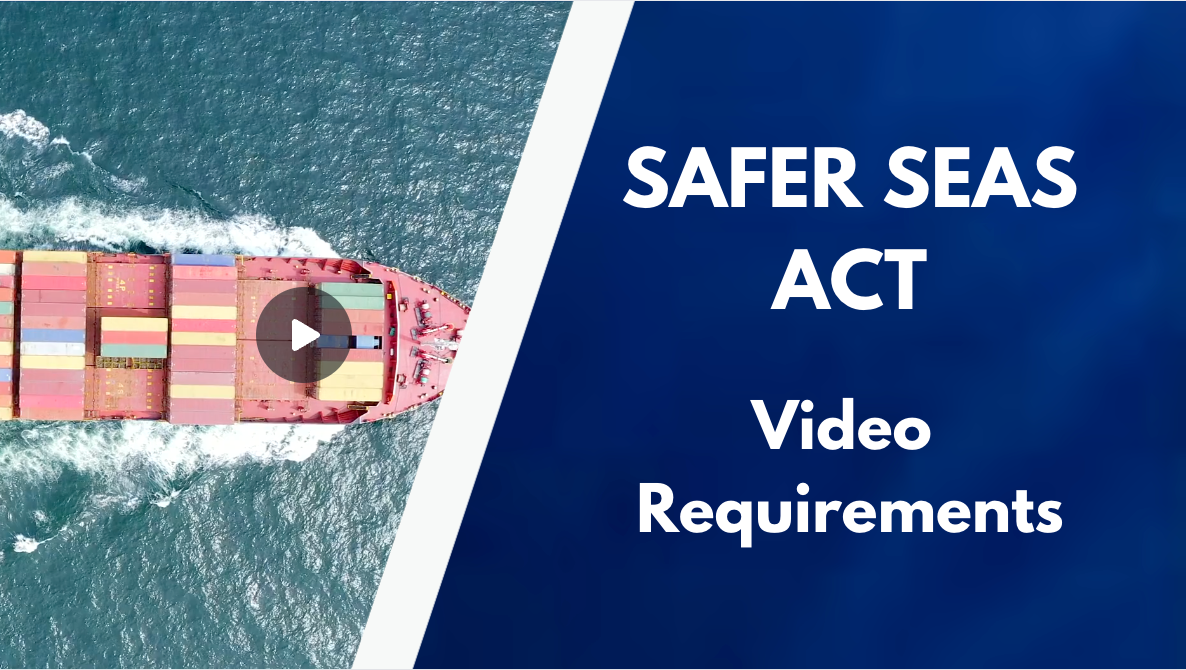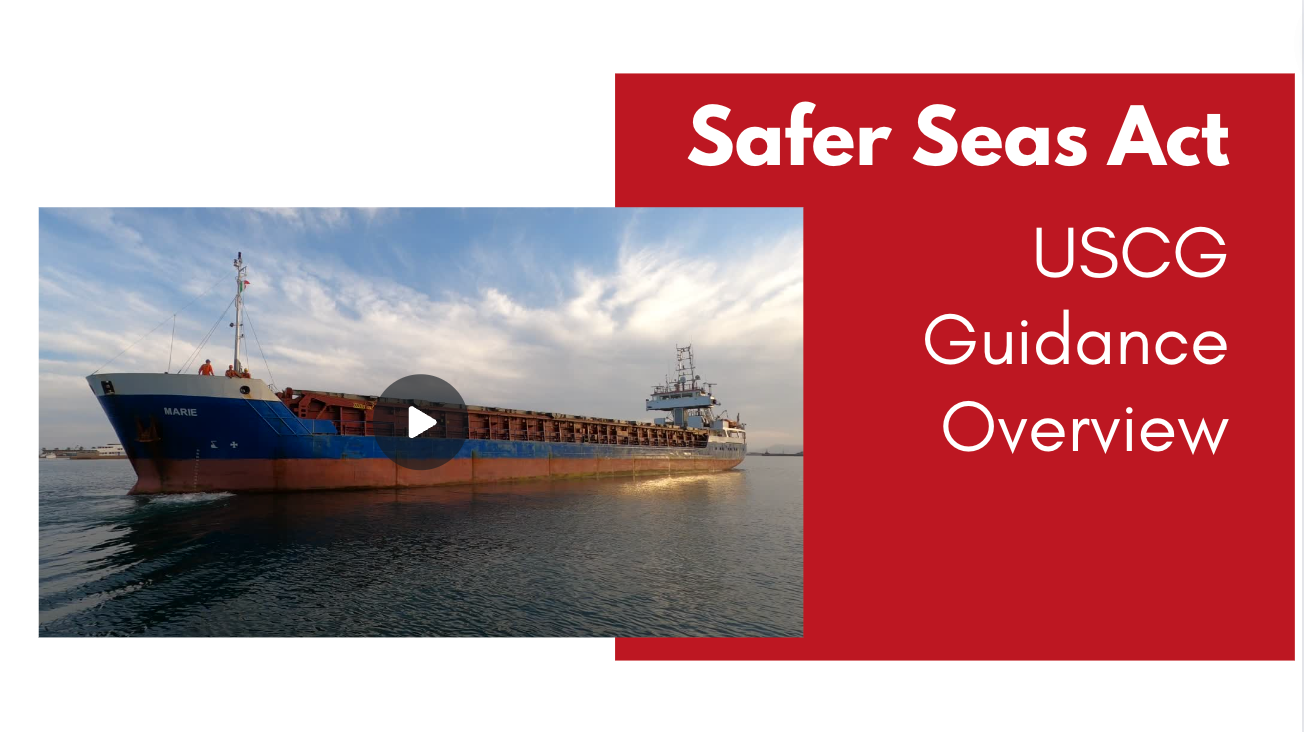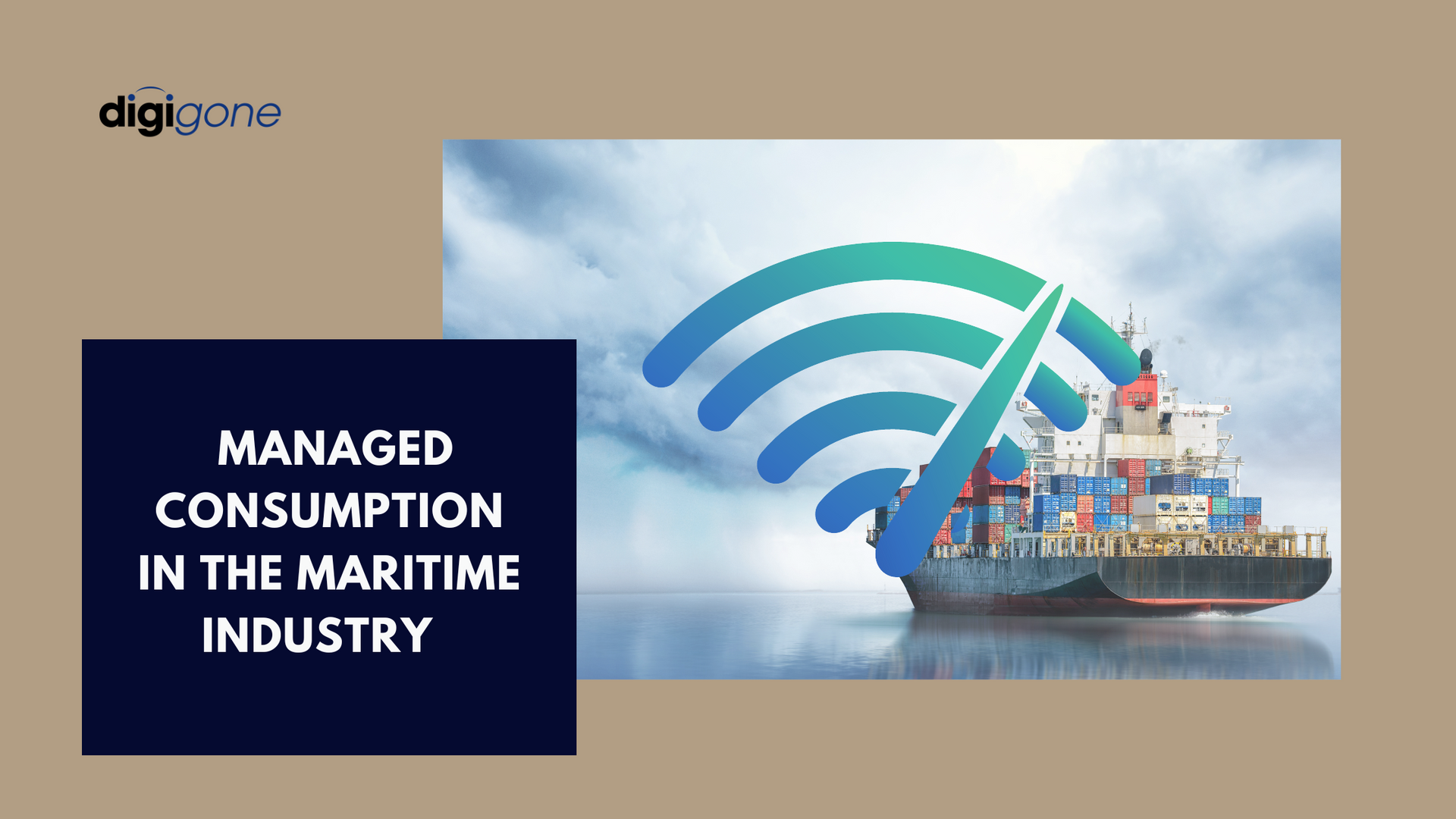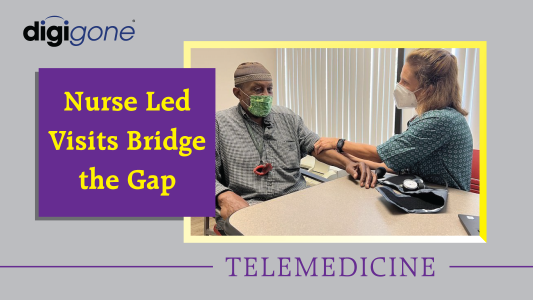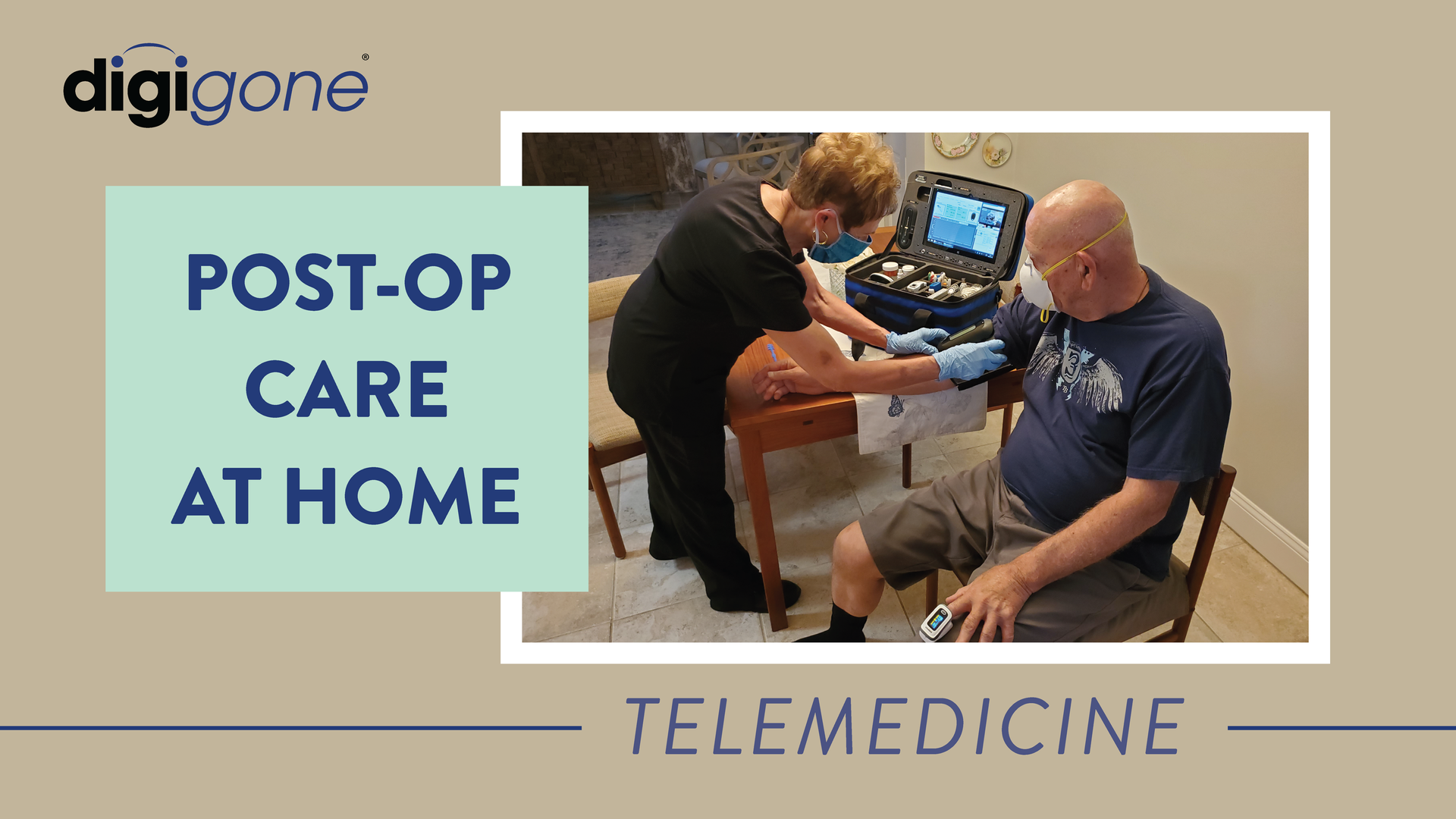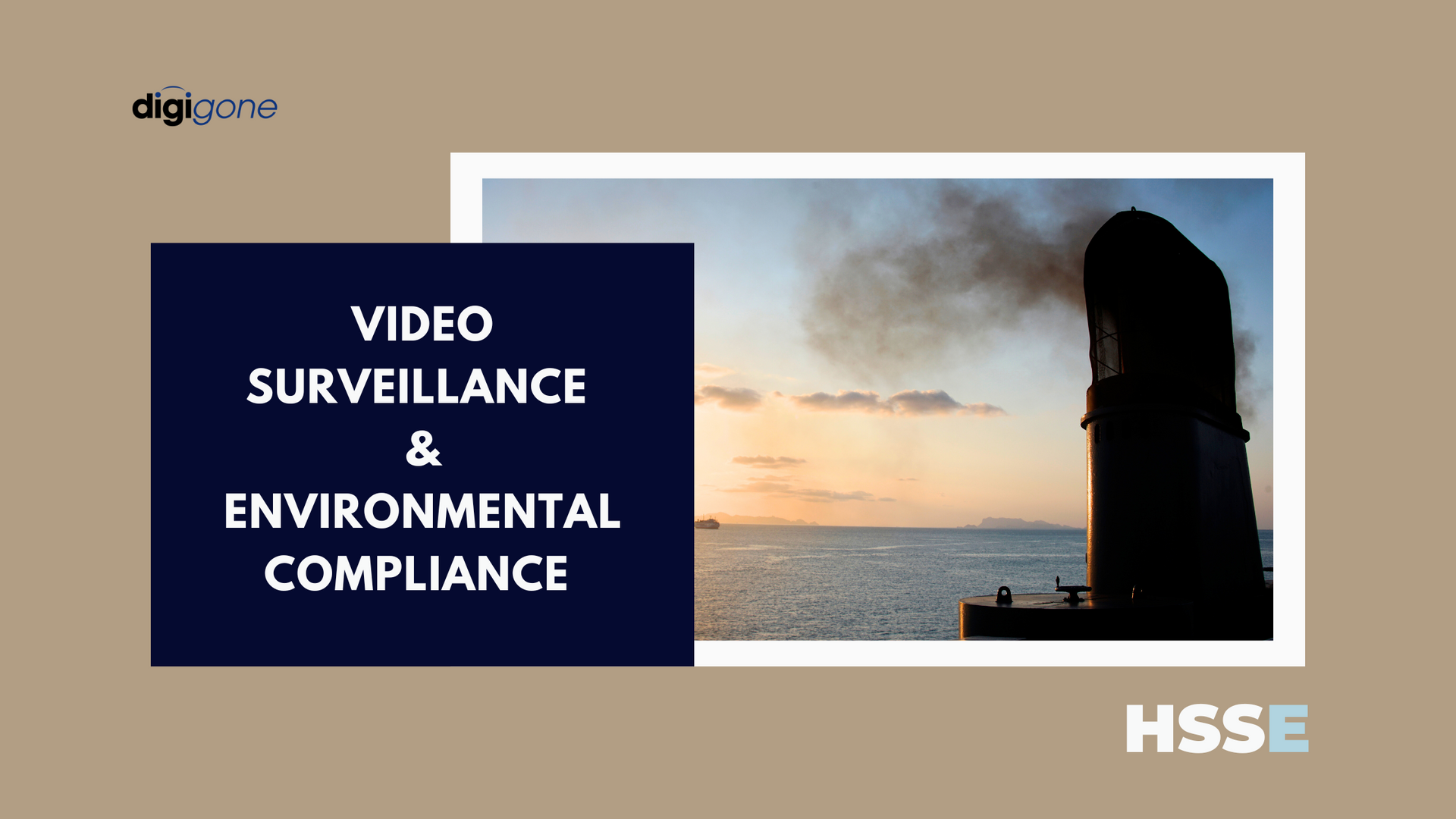Can Telemedicine Equipment Provide Effective Neurological Assessments for Yachters?
October 21, 2019
Recreational yachting is a great way for families to connect and bond while at sea. Your sailing adventures will develop into lifelong memories that you and your family will cherish.
But even the best trips can sometimes result in life-threatening injuries, whether it's a dangerous gash, a broken bone from a slip and fall, or a serious head injury.
In cases like these, telemedicine equipment is essential in helping you identify the severity of the injury and the proper method of treatment.
While many yachters know about telemedicine kits, few know that they can also help make neurological assessments while at sea. A telemedicine kit can help you reduce the risk of debilitating head injuries by providing you with an accurate diagnosis from a trained medical doctor.
A Real-Life Scenario of a Telemedicine Kit in Use
Head injuries are difficult to diagnose because the symptoms can be subtle. An injured loved one may seem fine initially, but their symptoms can quickly worsen if they don’t receive the treatment they need.
This can quickly derail your yachting trip, resulting in a diversion to the nearest port with a suitable hospital. When sailing in remote areas, it may even take you days to reach a medical facility.
Early assessment and treatment can make a difference and reduce the likelihood that an injury develops into a long-term one.
The Smith’s Telemedicine Kit Story
All names have been changed to protect the privacy of the individuals involved in the story.
The Smiths were sailing in the Mediterranean on a family vacation. They were two weeks into a six-week trip when one of the Smith daughters slipped and fell from a ladder onto the deck, striking her head.
Mr. Smith quickly ran over to his daughter, who had a cut on her head and was too dizzy to get up on her own.
He immediately administered first aid on the head wound, had a crew member retrieve their telemedicine kit, and connected with their service provider. Not long after, they were paired up with a doctor who began assessing the child.
Under the instructions from the doctor, Mr. Smith positioned the camera at various angles as the doctor had the daughter perform basic cognitive tests to check her memory, concentration, and recall while finishing up their neurological survey.
The doctor determined that she did not have any neurological damage, assisted them in treating the head wound, and they continued on to enjoy their voyage. The doctor performed a follow-up check on the daughter, and she fully recovered.
Anyone Can be the Smiths – Neurological Injuries Are Unpredictable
You cannot predict when an injury will occur. Life-threatening injuries are even more dangerous when you’re at sea.
A telemedicine kit provides you with access to medical professionals when you need them most. They allow you to communicate with a doctor that’s trained to make complex medical judgments based on observed symptoms.
While the Smith’s daughter did recover from her concussion, there are many cases of injuries that go untreated and develop into long-term injuries and even death.

Telemedicine kits are becoming indispensable tools for home healthcare providers, particularly during transition care medical examinations (TCMs). While the initial TCM is conducted by a physician who generates revenue from the service, the telemedicine kit significantly benefits home healthcare providers by expediting patient registration for their care services. With a nurse or medical assistant deploying the kit, patients can be quickly evaluated and connected with a physician, ensuring all necessary documentation and approvals are completed more efficiently. This faster onboarding process allows home healthcare providers to register more patients in less time, helping them deliver care sooner and grow their services efficiently. The ability to “bring the doctor” to the patient through a telemedicine kit is invaluable in initiating care seamlessly. Once patients are on board, home healthcare providers can continue leveraging telemedicine technology to improve how they deliver services. The kits enable nurses and medical assistants to perform follow-up visits, diagnostics, and real-time consultations without requiring patients to leave their homes. This capability allows providers to optimize their schedules and visit more patients daily, all while maintaining a high standard of care. The efficiency gained means better coverage, smarter use of resources, and happier patients. Beyond efficiency, telemedicine kits help providers build stronger connections with their patients by making care more accessible and personalized. Providers can quickly respond to emerging health concerns, adjust care plans, and ensure ongoing monitoring—all from the patient’s home. This not only leads to better patient outcomes but also boosts the provider’s reputation for being reliable and innovative. By facilitating the registration of more patients and enhancing care once they are onboarded, telemedicine kits are powerful tools that enable home healthcare providers to expand their reach, improve operational efficiency, and thrive in an increasingly competitive market. In a rapidly evolving healthcare landscape, telemedicine kits are revolutionizing how home healthcare providers deliver care, enabling faster patient onboarding, enhanced service delivery, and stronger connections with patients. By integrating this indispensable technology, providers can streamline operations, improve patient outcomes, and position themselves as leaders in care innovation. Don’t miss the opportunity to elevate your home healthcare services. Explore how telemedicine kits can help you expand your reach, optimize your resources, and deliver exceptional care. Contact us today to learn more and take the next step toward transforming your care delivery model.
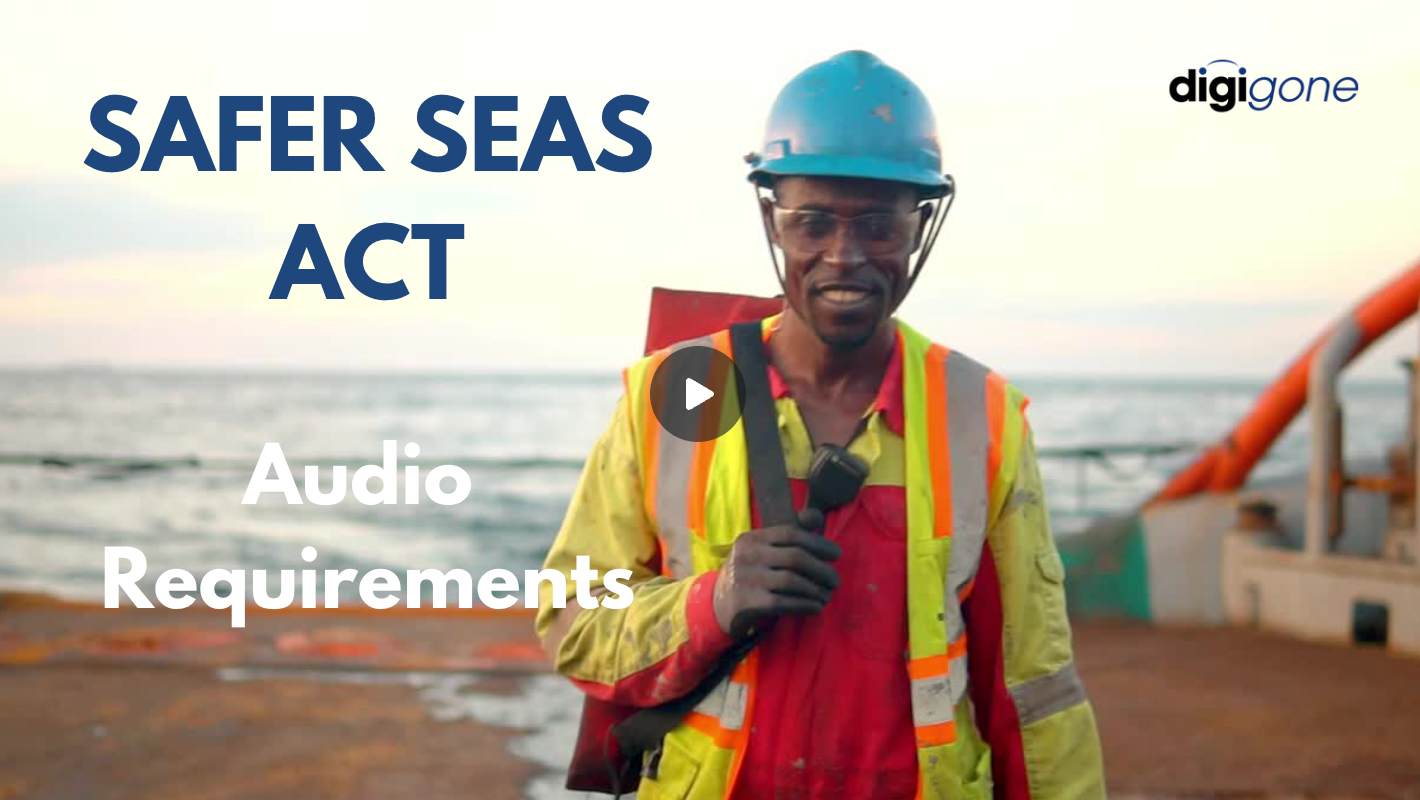
With the new Safer Seas Act, vessel companies must comply with many new regulations by the end of the year. One of those requirements includes audio equipment placed outside of hallways leading to staterooms, which DigiGone can help with. And while this may seem burdensome, these new rules will be good for vessel companies in the long run.



